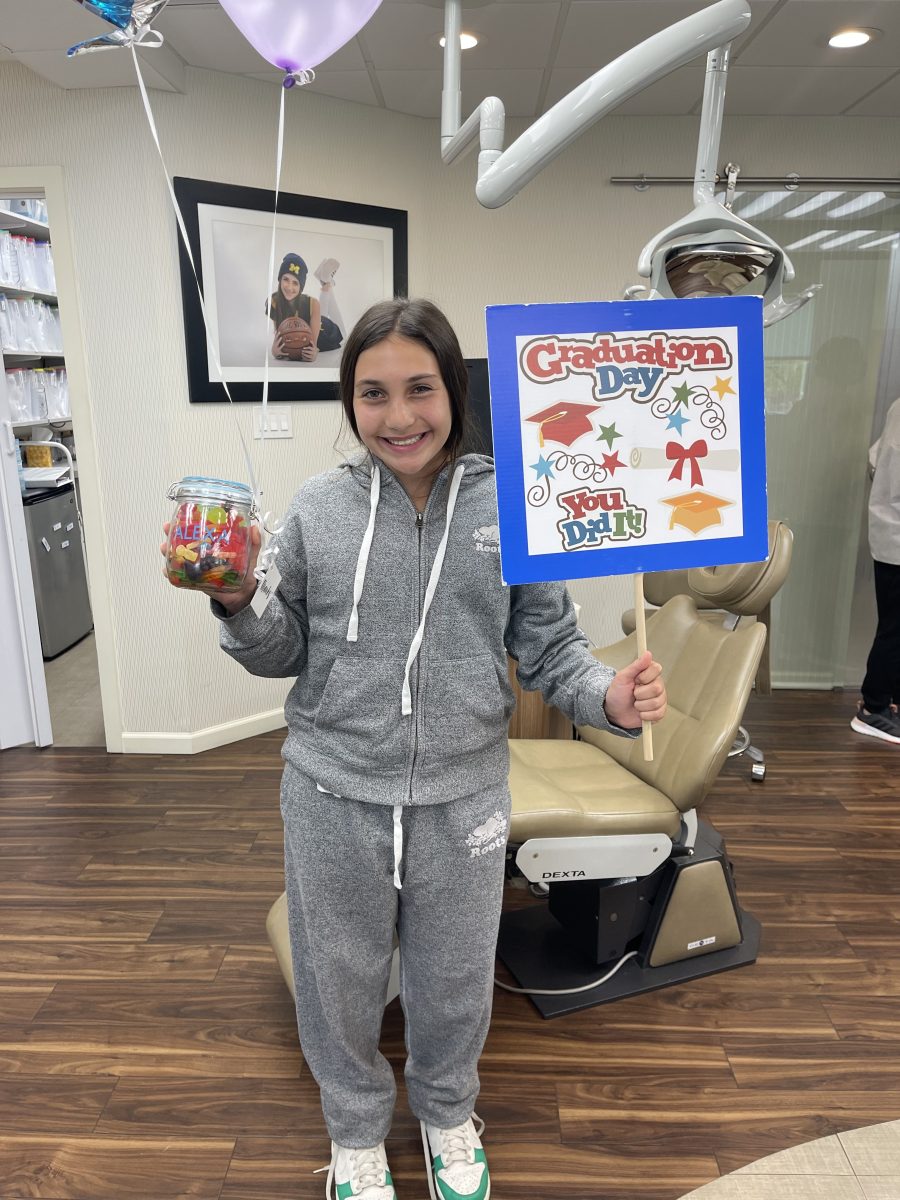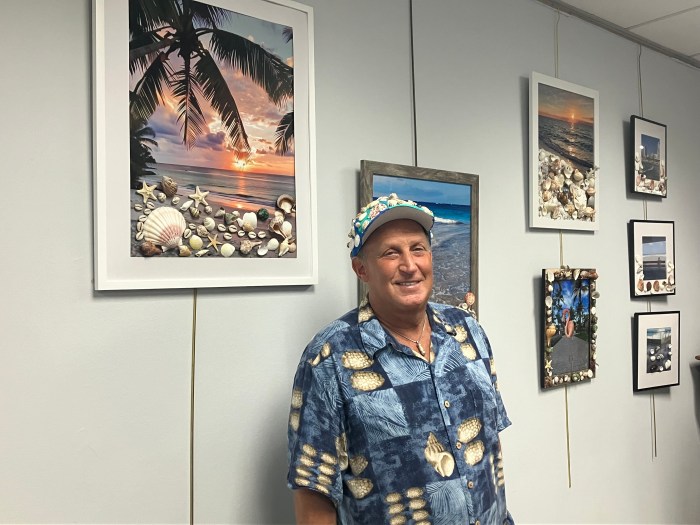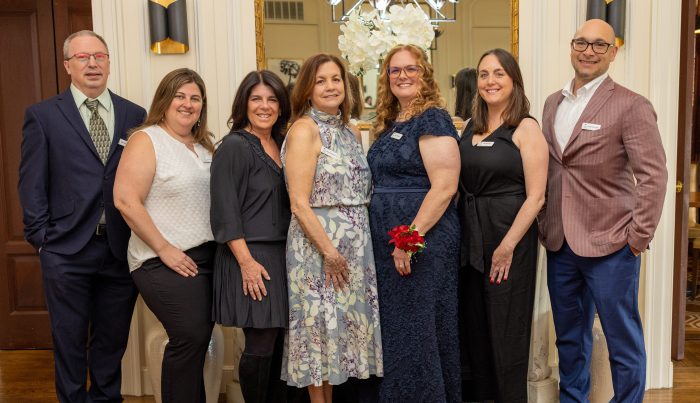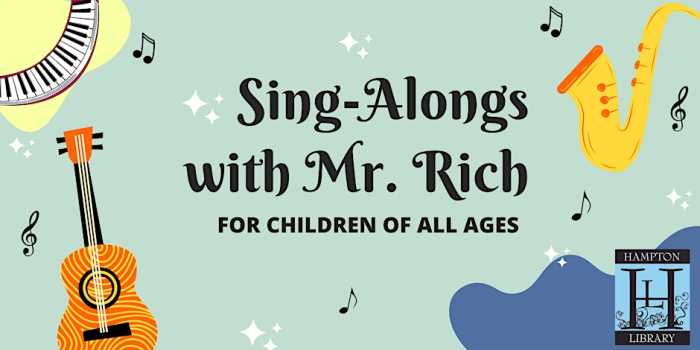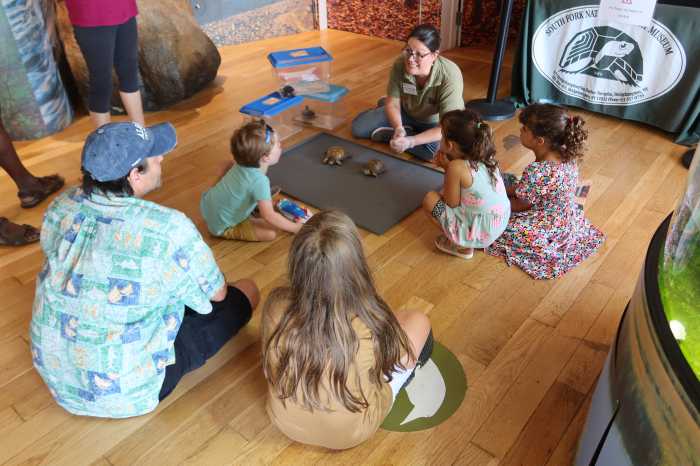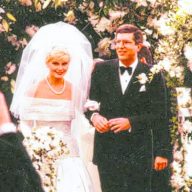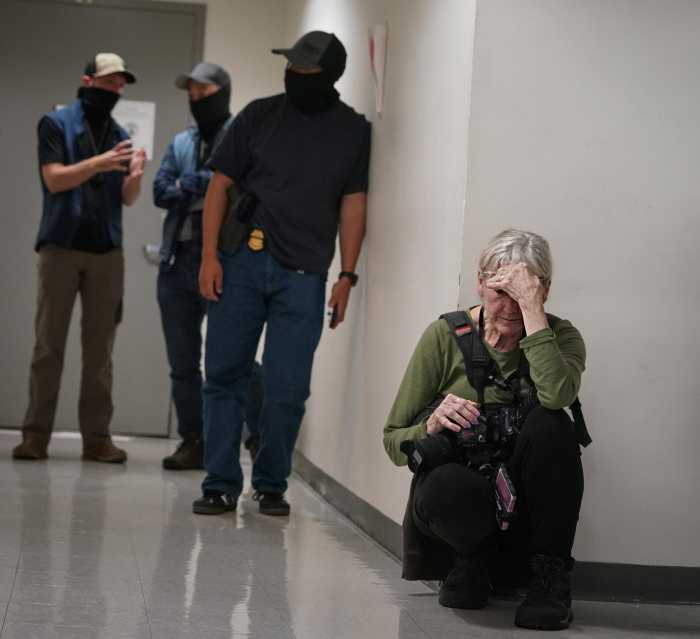For Alexa Mermelstein, a rising sophomore at Jericho High School, what started as a childhood accident and insecurity blossomed into a research project and career goal.
When it was time to pick a topic for her research paper in her Introduction to Research class, Mermelstein was drawn to one topic in particular: the correlation between a person’s smile and their mental health, something she struggled with just a few years ago.
“When I was in fourth grade, I cracked my tooth when I was on vacation and I immediately lost my confidence,” Mermelstein said. “I received orthodontic treatment and my confidence was immediately boosted…this year, when I was doing my research paper, I was interested in how someone’s smile could affect their confidence and mental health.”

The project consisted of a research paper and a slideshow presentation titled “How Orthodontic Treatment Boosts Mental Health and Confidence in Teens & Adults.”
Mermelstein’s research included data from students at Jericho High as well as from patients from Weinberger Orthodontics, which is located in Plainview. The participant’s ages ranged from 8 to 40 years old. The data Mermelstein collected only confirmed her suspicions and the thesis statement of her project “that the success of orthodontic treatment positively impacts mental health and confidence in teenagers and adults.”
“Over 70% of my data said that people felt self-conscious before starting orthodontic treatment,” Mermelstein said, “and over 85% of people noticed a boost in their confidence afterwards.”

At first, Mermelstein’s data was scattered and didn’t yield a direct result, meaning it didn’t confirm or deny her theory. Luckily for Mermelstein, once she opened her survey up to a wider audience, she was able to collect more data which in the end confirmed her hypothesis.
“There was a wide range of people [in the survey],” Mermelstein said. “I thought it was interesting how different ages were impacted differently.”
The anonymous survey revealed that an improper smile affects people in all aspects of life – from going on social media and playing on the playground to meeting new people and presenting projects at work.
“[Orthodontic work] mostly helps in confidence and appearance, but I also noticed that it helps in other aspects of life like social life and school, and just being a more outgoing person.”
This project not only fulfilled a class requirement for Mermelstein but it also sparked her dream of becoming an orthodontist.
“[This project] has made me realize that I really want to become an orthodontist when I’m older because this research paper has made me realize how much I want to help people,” Mermelstein said. “I think it’s cool how science and social science connect in this one topic.”
Mermelstein hopes to share her research with fellow teens and future orthodontists at Saturday Academy, an oral health workforce preparatory program run by New York University, pending her acceptance.
“So many people around me have lost their confidence from their smile but once they’ve received treatment, they’ve realized how much their confidence has been boosted,” Mermelstein said. “I just want to help more people get that same confidence.”




